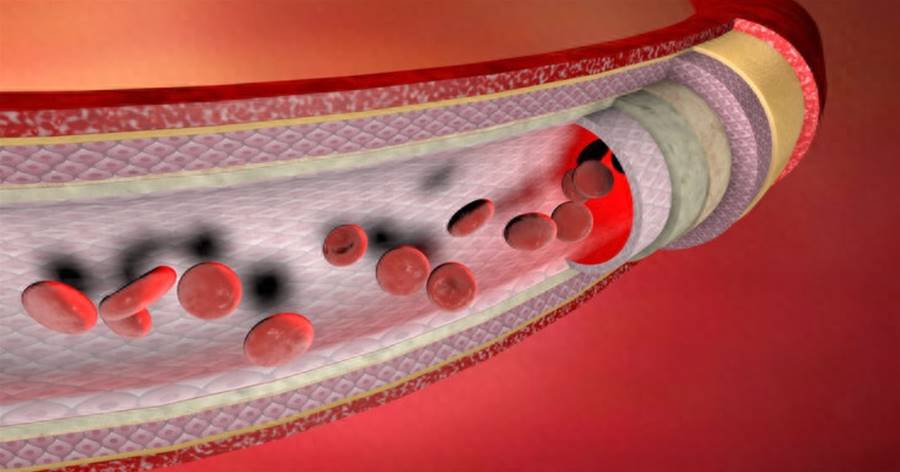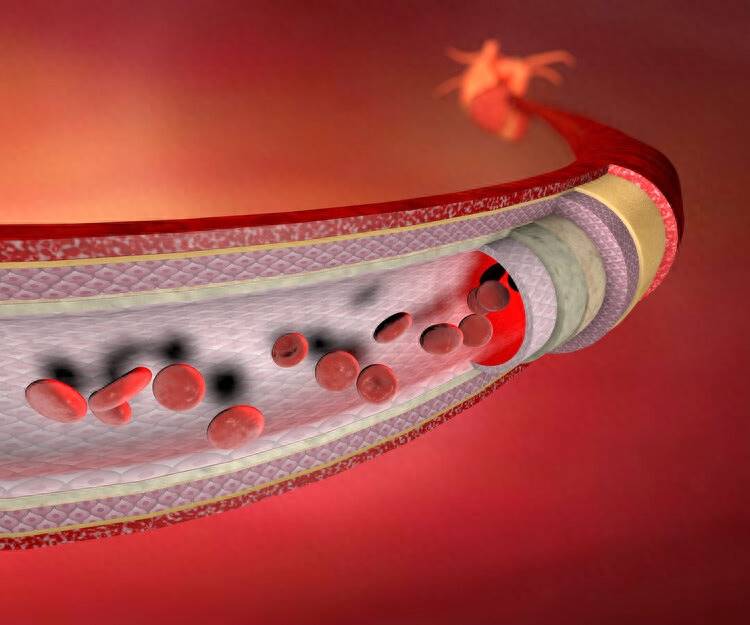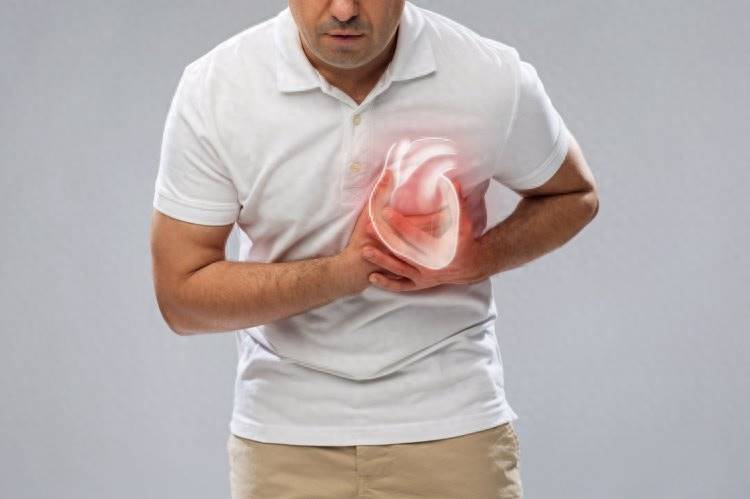
1. Balanced Diet: It is important to ensure a balanced intake of dietary fiber, protein, vitamins, and carbohydrates in three meals a day. It is recommended to consume more meat and fewer vegetables, while avoiding high-calorie and high-fat foods such as barbecues, smoked meats, and fried chicken.

2.
Regular Exercise: Exercise increases blood flow speed, promotes body metabolism, and prevents blood viscosity.
Engaging in aerobic activities for 3-5 times a week, with each session lasting for 30 minutes to an hour, is advised. Regular exercise, combined with healthy eating habits, effectively reduces blood viscosity.

3. Adequate Sleep: Blocked blood vessels may not always be caused by cholesterol; they can also be a result of ch




















